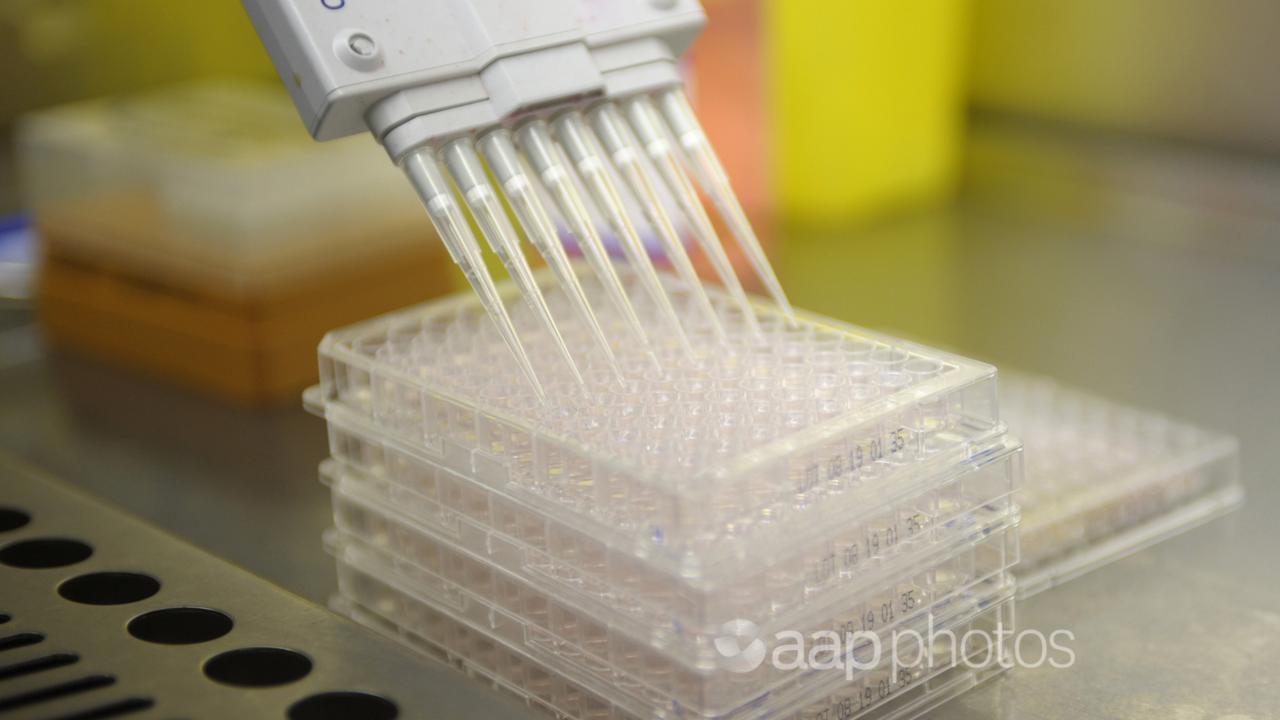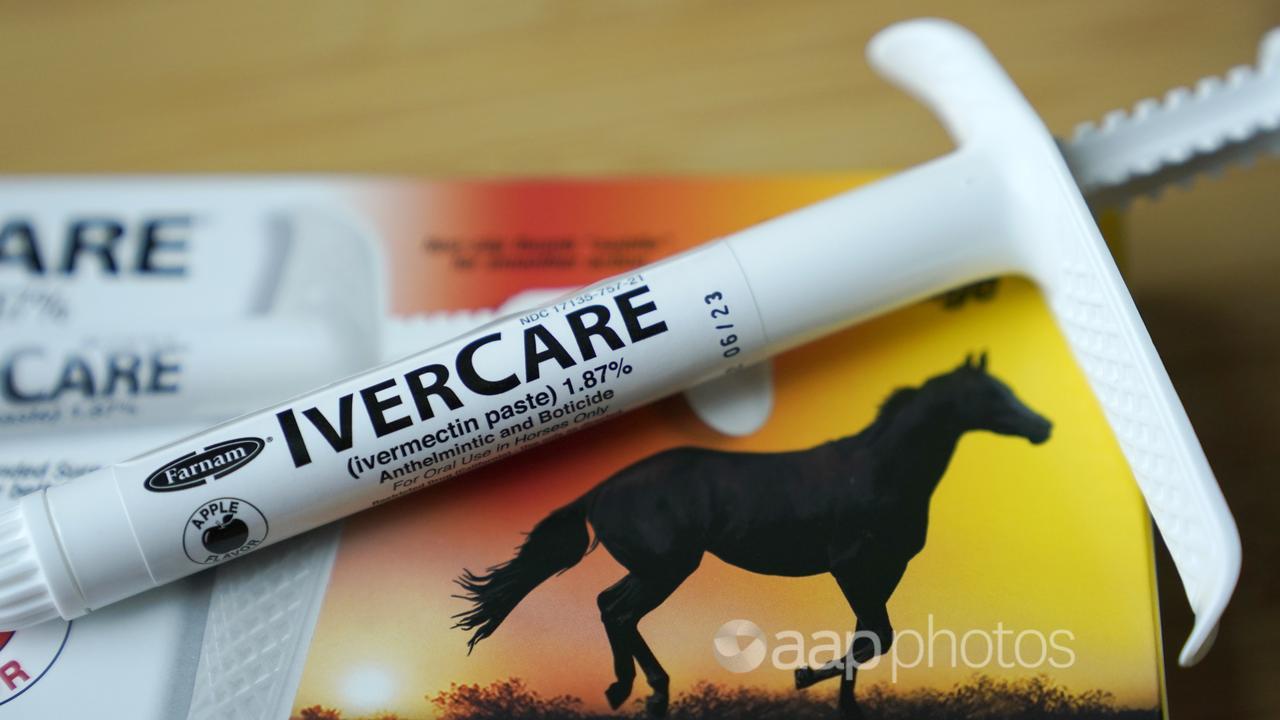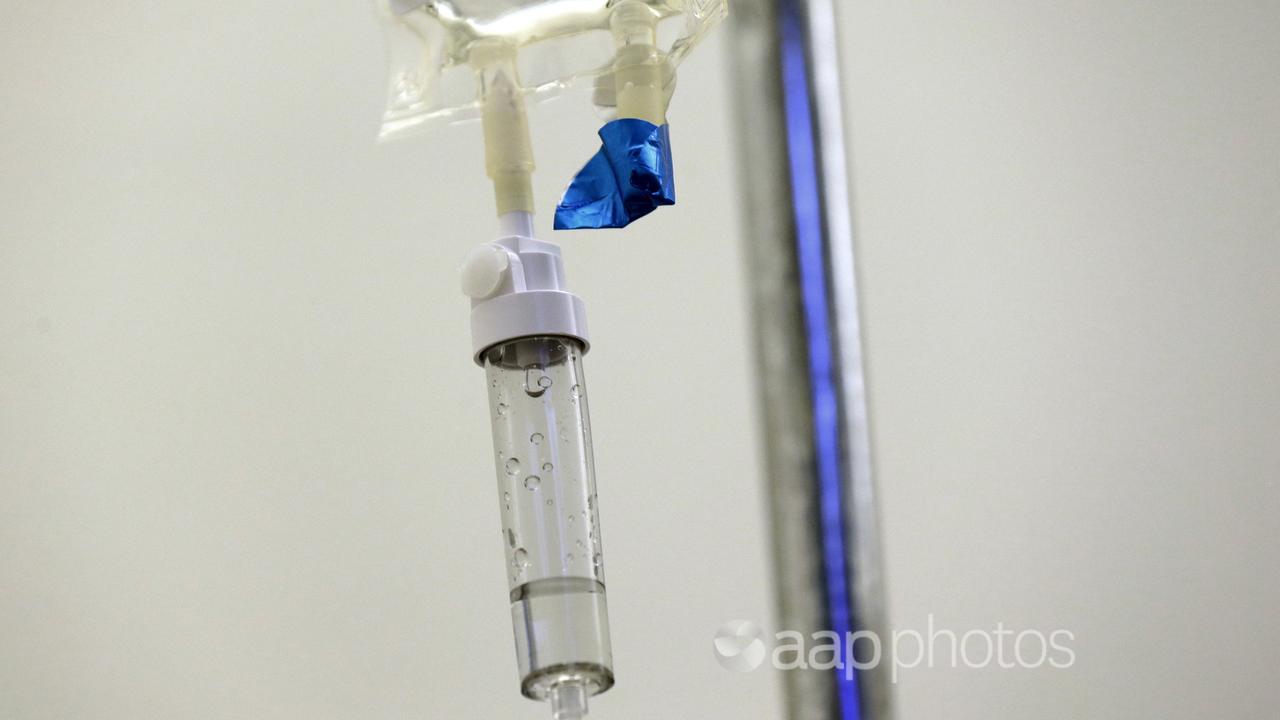AAP FACTCHECK – Ivermectin has not been proven to be more effective than chemotherapy at treating cancer, despite claims on social media.
While some lab-based studies have found the anti-parasitic drug shows promise in slowing cancer tumour growth, experts say clinical trials in humans are needed to determine whether it is effective.
The misleading claim has been shared widely on social media, including in an October Facebook post captioned: “Ivermectin has proven more effective than chemotherapy, without any of the debilitating side-effects.”
The post includes a screenshot of a People’s Voice article, a website AAP FactCheck has debunked numerous times, and the caption quotes directly from the article.
The story focuses on a 2017 paper, published in the journal Molecular Medicine Reports, which looked at ivermectin’s effects on breast cancer stem-like cells that contribute to tumour growth, and compared its efficacy to the chemotherapy drug paclitaxel.

It found ivermectin inhibited the growth of these cells in test tubes to a greater extent than paclitaxel.
Due to its existing use as an anti-parasitic, the paper’s authors conclude this “makes it a strong candidate for further studies investigating its potential use as a repurposed drug for cancer therapy”.
Experts say this is not proof that ivermectin is an effective cancer treatment.
Ian Olver, a cancer researcher at the University of Adelaide, told AAP FactCheck the claim ivermectin is a better cancer treatment than chemotherapy is unfounded.
Some studies have found ivermectin can kill cancer cells in the laboratory, he said, which makes it “worth exploring” as an anti-cancer agent.
Professor Olver pointed to a 2020 review that says early trials found ivermectin showed promise for treating a range of cancers by inhibiting tumour growth.
However, he said there hasn’t yet been any published clinical trials to show it’s effective at treating cancer patients, and this evidence is required before it is recommended as a treatment.

“There is preclinical evidence that ivermectin can kill cancer cells in the laboratory, but which of many possible mechanisms for this is unclear,” Prof Olver said.
“The next step would be to perform clinical trials in cancer but until that step is taken no recommendations for its use as a clinical anti-cancer agent should be made.”
According to a US National Institutes of Health database, a clinical trial is under way looking at ivermectin as a treatment for a form of breast cancer in combination with another cancer drug (balstilimab). The trial is expected to end in 2026.
Prof Olver also said the 2017 study only compared ivermectin to a single chemotherapy drug, while chemotherapy is usually given as a combination of agents.
If ivermectin did show it worked well in trials, it would likely be given in combination with chemotherapy, he added.

The suggestion that ivermectin has no side effects is also incorrect, Prof Olver said.
He noted common side effects can include itchiness, dizziness, fluid retention, rapid heart beat, diarrhoea, nausea and, rarely but more seriously, confusion and disorientation.
Associate Professor Adrian Wiegmans, a cancer researcher at Queensland University of Technology, agreed there’s not yet strong evidence to support ivermectin’s use as a cancer treatment and that clinical trials are still required to determine how well it works.
Professor Gabi Dachs, a cancer researcher at the University of Otago, said aside from lab studies with cells in a dish, she could find no published literature on the effects of ivermectin in cancer patients.
Similar claims have been debunked by AP, Science Feedback and AFP.
The Verdict
Misleading – The claim is accurate in parts but information has also been presented incorrectly, out of context or omitted.
AAP FactCheck is an accredited member of the International Fact-Checking Network. To keep up with our latest fact checks, follow us on Facebook, Twitter and Instagram.
All information, text and images included on the AAP Websites is for personal use only and may not be re-written, copied, re-sold or re-distributed, framed, linked, shared onto social media or otherwise used whether for compensation of any kind or not, unless you have the prior written permission of AAP. For more information, please refer to our standard terms and conditions.

















